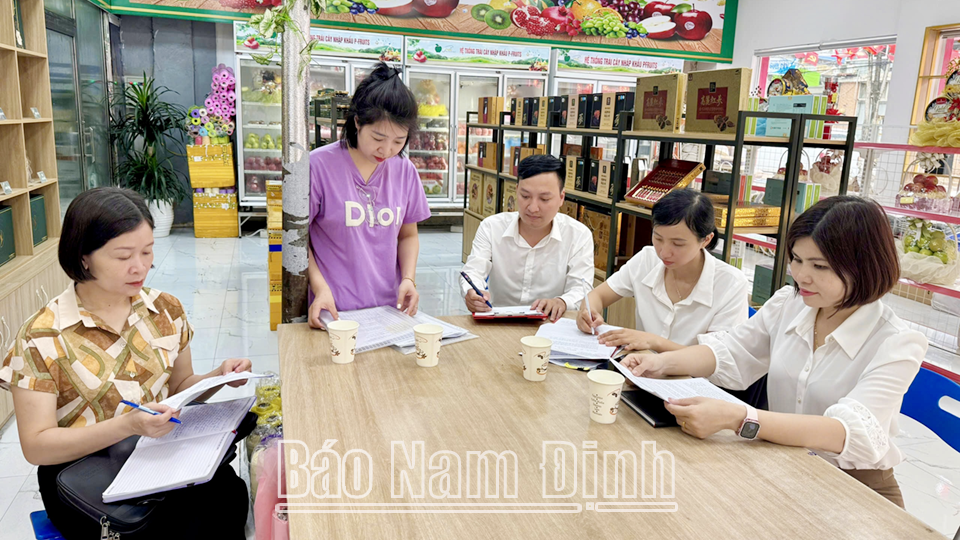 |
| Checking food safety conditions at a clean fruit store in Nam Dinh city. |
Food stores providing safe and clean agricultural, forestry and aquatic products have been developing continuously, becoming an indispensable part of supermarkets and traditional markets. According to the review and statistics of the Department of Rural Development and Quality Management (Department of Agriculture and Environment), there are currently 110 establishments and stores in the province with signs or advertisements for trading in clean food, agricultural products, imported fruits, and convenience stores. In order to control the quality and origin of the products, in May 2025, the Department of Rural Development and Quality Management established an assessment and supervision of food safety conditions at 21 stores selling clean food, imported fruits; convenience stores in Xuan Truong, Giao Thuy, Truc Ninh districts and Nam Dinh city. These are stores selling prepackaged agricultural, forestry and aquatic products, frozen products (shrimp, squid, mackerel, scad); processed products from plants (dried fruits and vegetables, sweet potato cocoons); processed products from animals (ham, sausage); Fresh products (imported fruits, domestic fruits, vegetables, meat, salmon, etc.) The delegation assessed and supervised the maintenance of food safety conditions with contents on facilities, equipment, product labels, etc. and records of traceability of goods sold at the store. The inspection results showed that 19 establishments had valid business registration certificates; 18 establishments signed a commitment to ensure food safety in accordance with the provisions of Circular 17/2018/TT-BNNPTNT; 12 establishments had certificates of training in food safety knowledge, 14 establishments conducted periodic health check-ups for sellers - showing that compliance with legal conditions is increasingly important. Most establishments have proven the origin of agricultural, forestry, aquatic products, food, imported fruits being sold at the store through storing warehouse delivery notes, goods receipt notes, etc.
Many stores have invested in modern storage cabinets, dividing sales areas reasonably, ensuring convenience for storage, hygiene and pest control. Toilets, sinks, and hand sanitizers have also been equipped, contributing to improving the sales environment in a civilized and professional manner. For domestic products, establishments have prioritized selecting goods from VietGAP certified production areas, or from businesses and cooperatives that have signed a commitment to produce according to safety standards. For imported fruit products, businesses all purchase goods from businesses with full legal documents, demonstrating high responsibility in ensuring input quality.
However, the effectiveness of food safety monitoring still needs to be improved. Although there is awareness of compliance with legal regulations on food safety conditions, due to the nature of small-scale businesses, some establishments have not fully updated new regulations on food safety. Most establishments have not established a suitable product traceability system, have not provided complete records for all products, have not focused on signing a contract in principle with the supplier and a commitment to safe production for the original production facility, and lack quarantine certificates for fresh meat products imported from other provinces... so product traceability is very difficult, leading to confusion between products with and without origin. It is worth noting that during this inspection, businesses cooperated and were receptive. Most of them arranged for authorized personnel to work with the Inspection Team, listened to and seriously accepted the recommendations of the professional agencies and committed to thoroughly overcoming the shortcomings.
From the inspection practice, the Department of Rural Development and Quality Management has proposed many synchronous solutions. In particular, the top priority is to enhance the role of local authorities from district to commune in managing and supervising food business activities at the facility. When the facility level is more proactive, the handling of violations will be faster and more timely, while also helping people have more reliable addresses to reflect and access information on food safety. In the long term, the Department continues to promote propaganda and dissemination of laws to each business group. By organizing flexible training, by locality, by industry, specialized agencies will help small retailers understand why they must fully label, keep original records, and conduct periodic product inspections. This is not only a regulation, but also a factor in enhancing reputation and retaining customers. Along with management, the replication of safe food store models that meet standards, have brands and are trusted by consumers also needs to be focused on. These models not only provide quality products but also spread healthy consumption habits in the community. At the same time, continue to coordinate with the media to introduce typical establishments, publicize violating establishments, and guide people on how to recognize safe food...
Food safety is a "hot" issue that occurs every day, every hour and directly affects human health, requiring support from many sides. Food safety inspection at clean food stores, imported fruits, and convenience stores in the province is a practical activity, clearly demonstrating the role of the agricultural sector in orienting and ensuring the quality of agricultural products for consumption. Not only does it detect and correct violations, through inspection activities, it also creates an effect of promoting establishments to proactively self-inspect, improve management capacity, and organize business more systematically. The proactiveness and receptiveness of business establishments; the close and flexible direction of functional sectors, and the support of smart consumers will help the province move towards the goal of building a clean, safe, and sustainable food chain in the coming time.
Article and photos: Ngoc Anh
Source: https://baonamdinh.vn/kinh-te/202506/tang-cuong-giam-sat-an-toan-thuc-phamvi-suc-khoe-cong-dong-d4a7dcc/








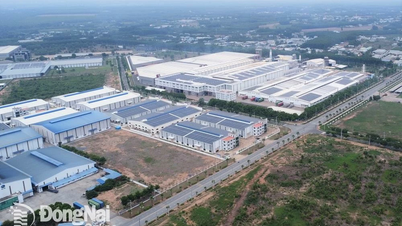





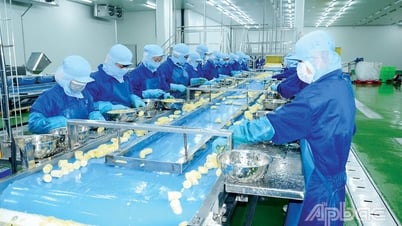









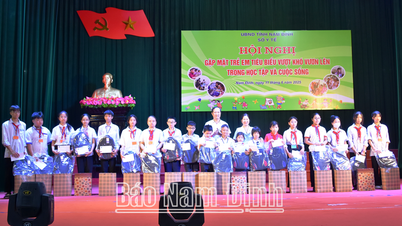
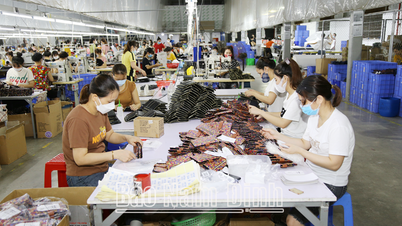
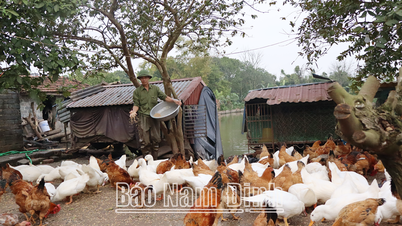




















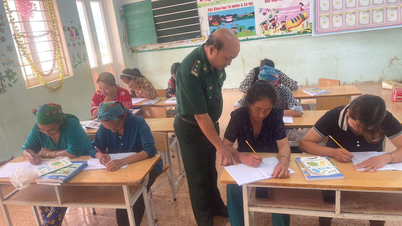




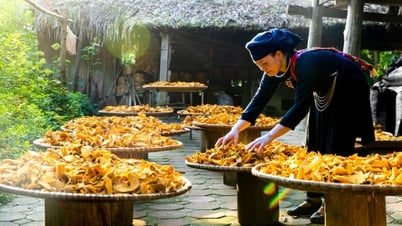



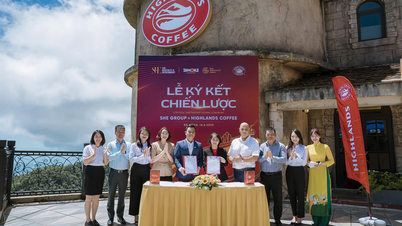
























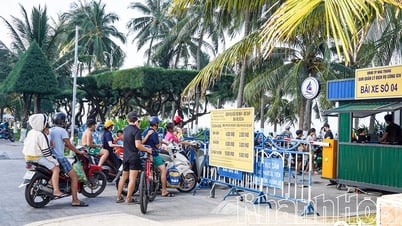
















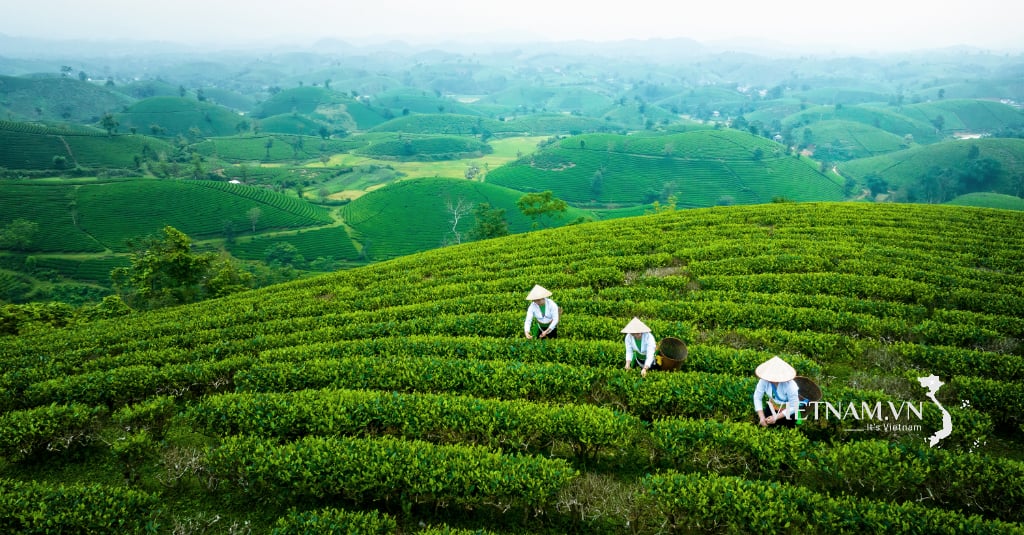



Comment (0)